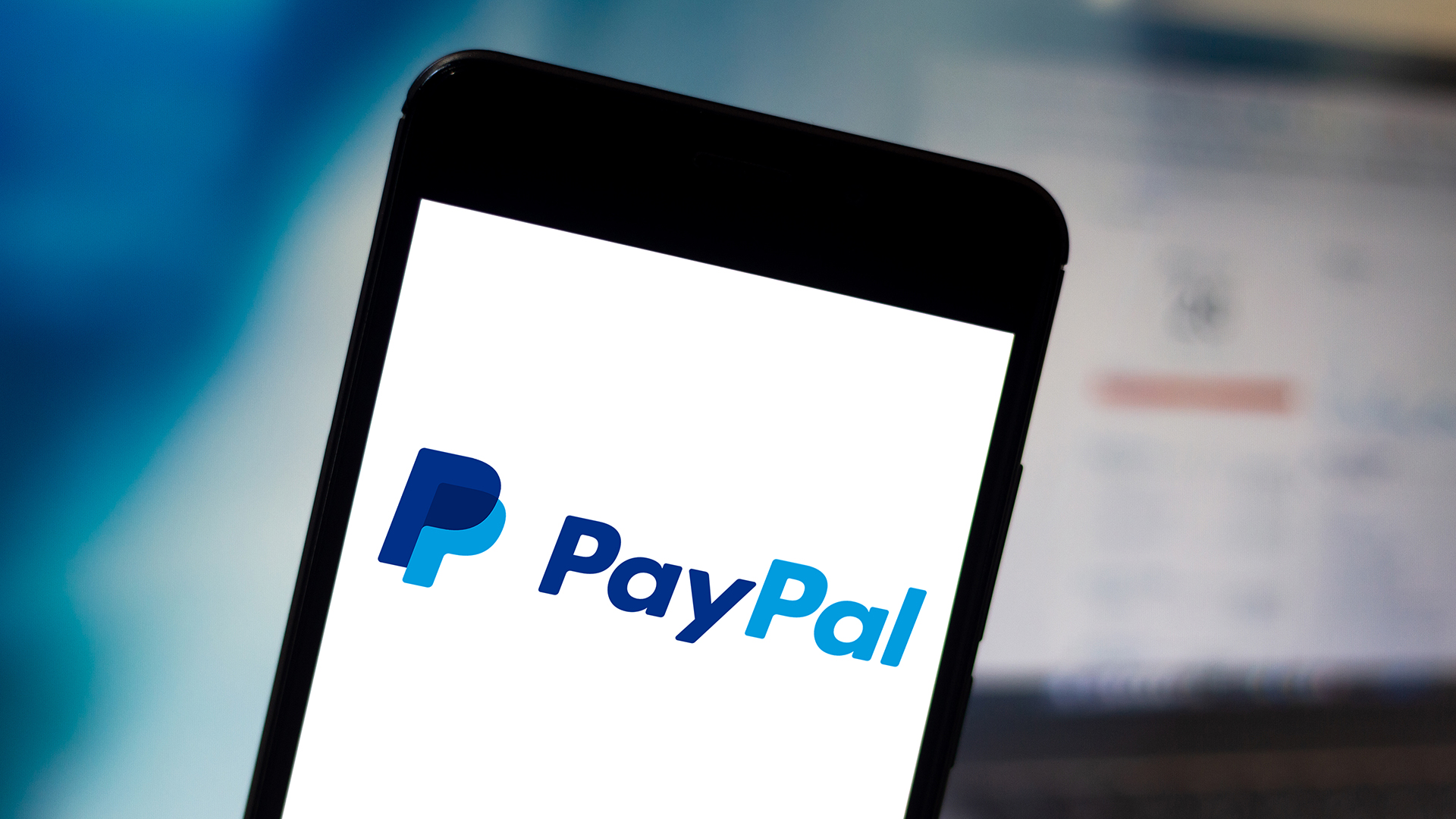16 million PayPal accounts exposed on the dark web — emails, passwords and more for sale
The hacker has claimed they have PayPal emails, plaintext passwords and more for sale on the dark web

Here at Tom’s Guide our expert editors are committed to bringing you the best news, reviews and guides to help you stay informed and ahead of the curve!
You are now subscribed
Your newsletter sign-up was successful
Want to add more newsletters?

Daily (Mon-Sun)
Tom's Guide Daily
Sign up to get the latest updates on all of your favorite content! From cutting-edge tech news and the hottest streaming buzz to unbeatable deals on the best products and in-depth reviews, we’ve got you covered.

Weekly on Thursday
Tom's AI Guide
Be AI savvy with your weekly newsletter summing up all the biggest AI news you need to know. Plus, analysis from our AI editor and tips on how to use the latest AI tools!

Weekly on Friday
Tom's iGuide
Unlock the vast world of Apple news straight to your inbox. With coverage on everything from exciting product launches to essential software updates, this is your go-to source for the latest updates on all the best Apple content.

Weekly on Monday
Tom's Streaming Guide
Our weekly newsletter is expertly crafted to immerse you in the world of streaming. Stay updated on the latest releases and our top recommendations across your favorite streaming platforms.
Join the club
Get full access to premium articles, exclusive features and a growing list of member rewards.
Editor's Note: PayPal has reached out to Tom's Guide about this stolen data, confirming there wasn't a breach and that the exposed information is related to a security incident from back in 2022. Original story follows below:
A post on a well-known hacking forum has claimed to have a dataset of millions of PayPal account credentials including login emails and plaintext passwords. As reported by Cybernews, the author of the post claims the stolen data was taken from May 2025 and includes 15.8 million login emails, passwords, associated URLs and variants from accounts worldwide.
Having emails and passwords available online for anyone to access puts PayPal users at an obvious risk – even though many users already have multi-factor authentication enabled. The exposure of associated URLs means that attackers can also be pointed at other services that are linked to the information that has been leaked. Likewise, the leak has been set up in such a way as to allow them to easily leverage the exposed data for other malicious behavior, like automated credential stuffing attacks.
There are few additional details about the leak at this time. The hackers responsible say that the leak includes thousands of strong and unique password strings but many may be reused which would make the amount of useful data smaller. In fact, the amount that this stolen data is being sold for to other hackers on the dark web would indicate that this is the case. Additionally, researchers have pointed out that if the stolen data was quite recent, much of it would have already been exploited by now.
PayPal has not yet made a public comment about the forum post claims as of yet, and no one has been able to verify the post’s claims either given the small size of the data sample provided. The hackers may have obtained this data through info-stealing malware, given the way that the stolen data has been structured (URL, login, password).
Infostealers are often installed after users click on a malicious link or attachment that has malware embedded in it, then it works quietly in the background to funnel stolen information back to the attackers. Some infostealers can hide themselves or delete themselves after they’ve taken passwords, browser data or payment information and they’re available to buy or rent on the dark web for any platform. This is reason enough to have the best antivirus software installed on your devices and kept up to date. It’s also important to follow good security practices, have browser features enabled to protect you online and make full use of the extra included in many antivirus suites like a VPN or firewall.
How to stay safe
PayPal users who are concerned that their data may have been exposed should start by changing their password – and if you made the mistake of using that password anywhere else, change it there too. If you're not already using one of the best password managers to protect your passwords online, start now.
Get instant access to breaking news, the hottest reviews, great deals and helpful tips.
If you suspect your personal information may have been exposed online you should be using of the best identity theft protection services. It can alert you when it finds your information, help you recover money lost to any fraud and assist you in putting the pieces back together if there's any issues related to identity theft.
It's always helpful to also have the best antivirus software installed on your devices and kept up to date. It’s also important to follow good security practices, have browser features enabled to protect you online and make full use of the extra included in many antivirus suites like a VPN or firewall.
Follow Tom's Guide on Google News to get our up-to-date news, how-tos, and reviews in your feeds. Make sure to click the Follow button.
More from Tom's Guide
- I’m a security editor, and this is the antivirus I would buy with my own money
- FBI issues warning to all smartphone users — a dangerous new scam could be at your door
- AT&T could pay $7,500 to customers in data breach settlement — how to get yours

Amber Bouman is the senior security editor at Tom's Guide where she writes about antivirus software, home security, identity theft and more. She has long had an interest in personal security, both online and off, and also has an appreciation for martial arts and edged weapons. With over two decades of experience working in tech journalism, Amber has written for a number of publications including PC World, Maximum PC, Tech Hive, and Engadget covering everything from smartphones to smart breast pumps.
You must confirm your public display name before commenting
Please logout and then login again, you will then be prompted to enter your display name.
 Club Benefits
Club Benefits










